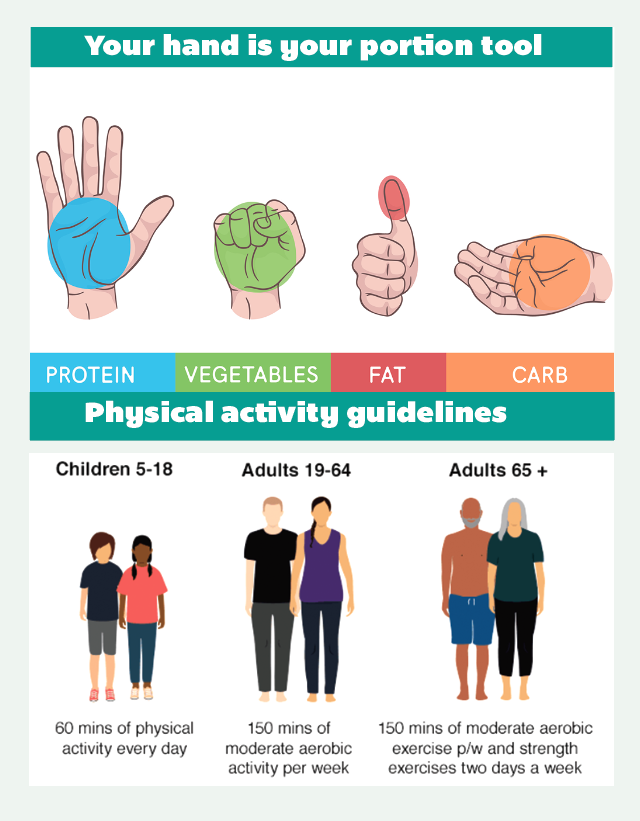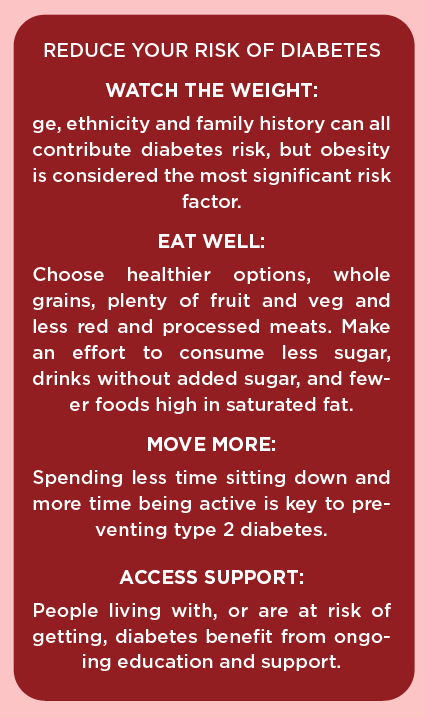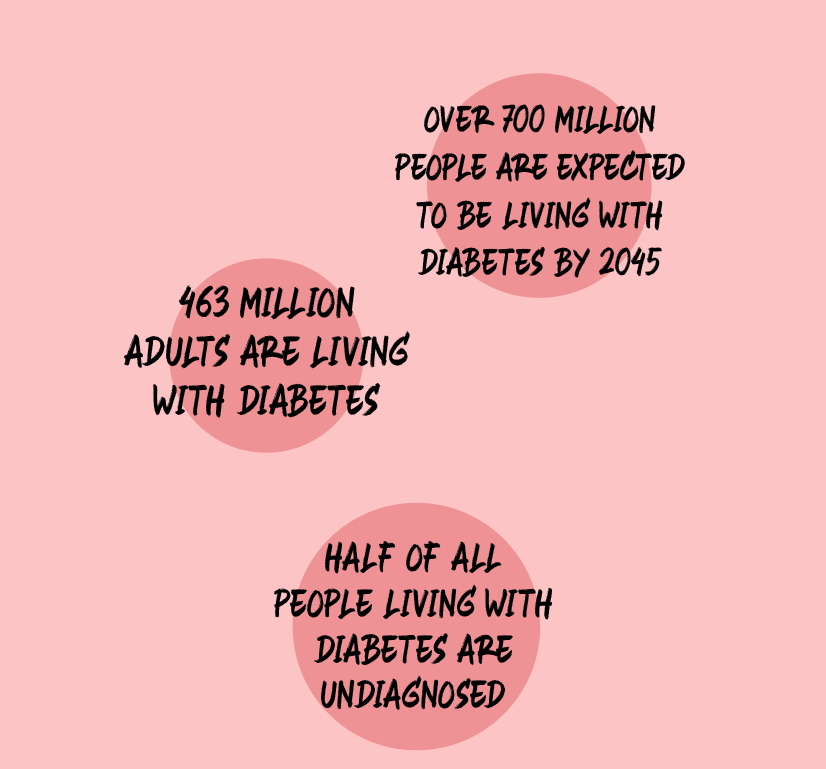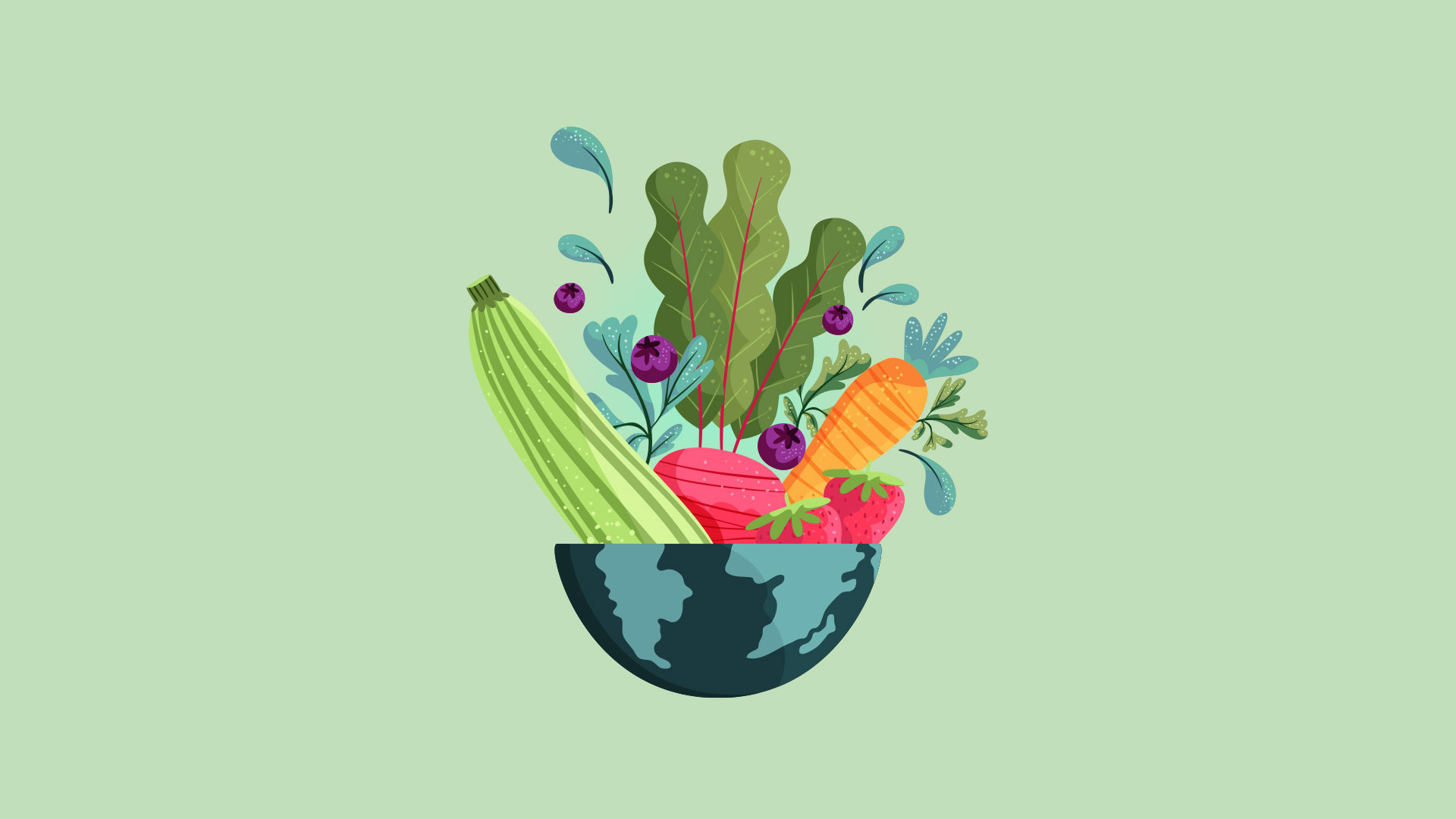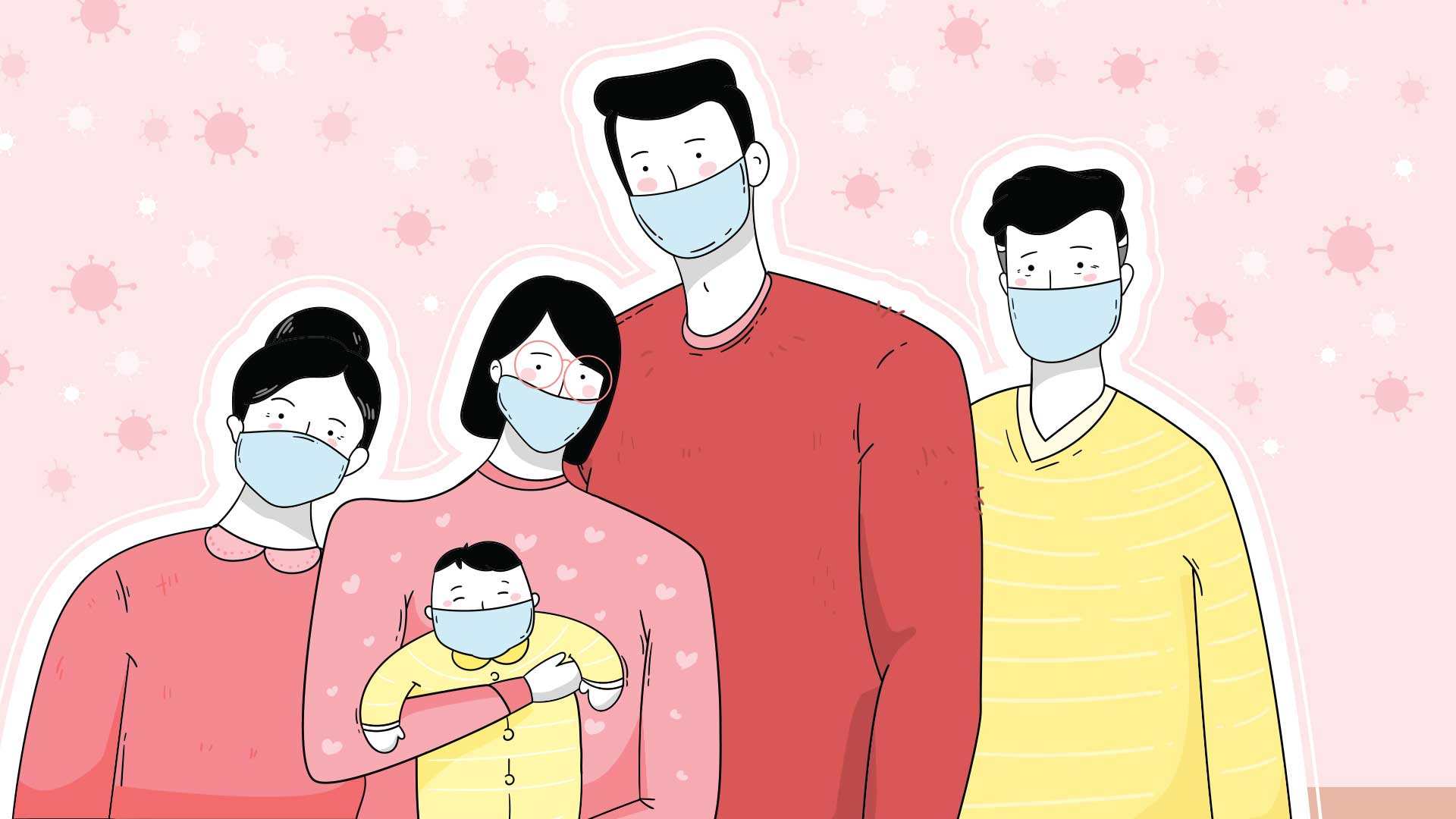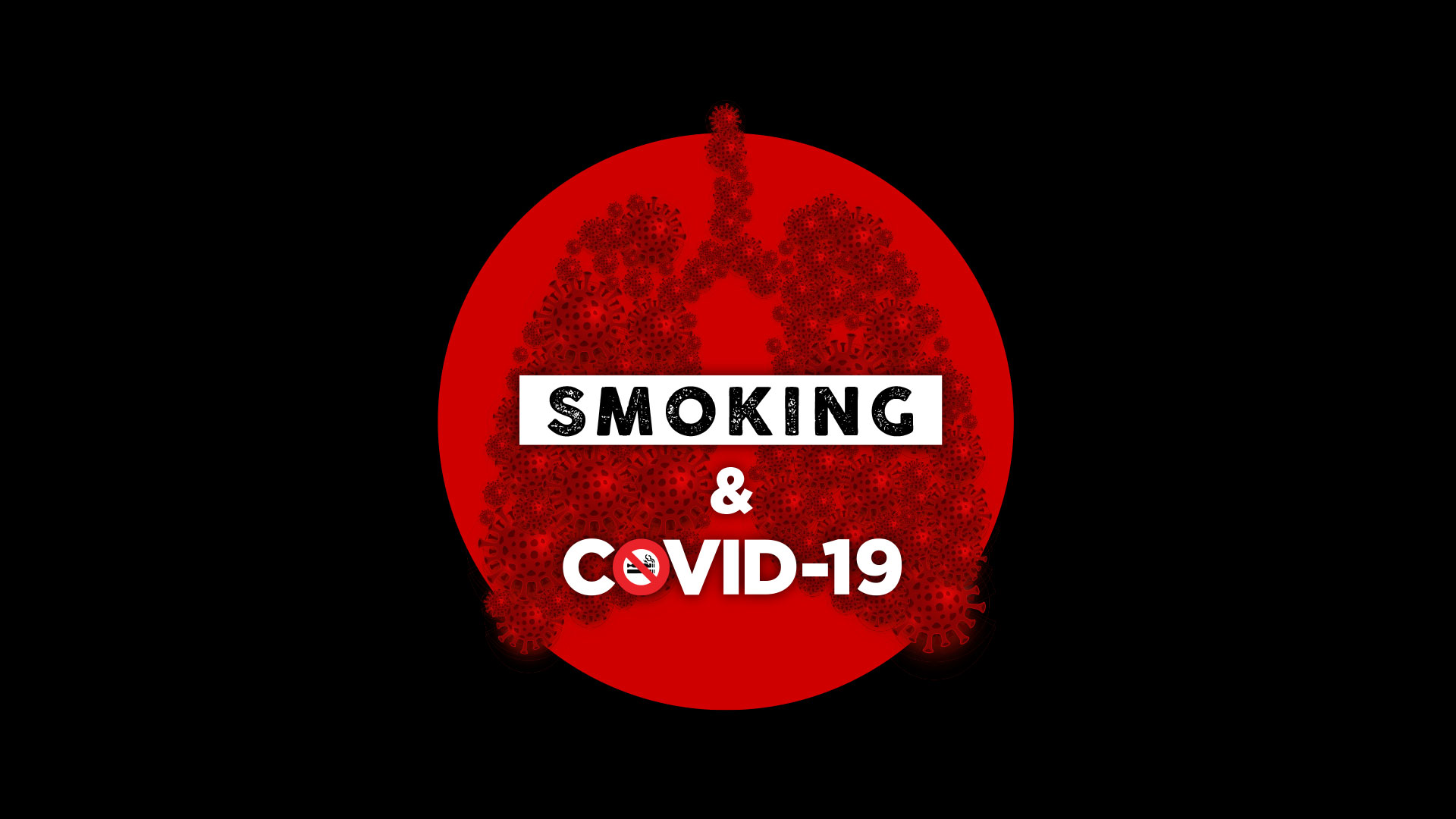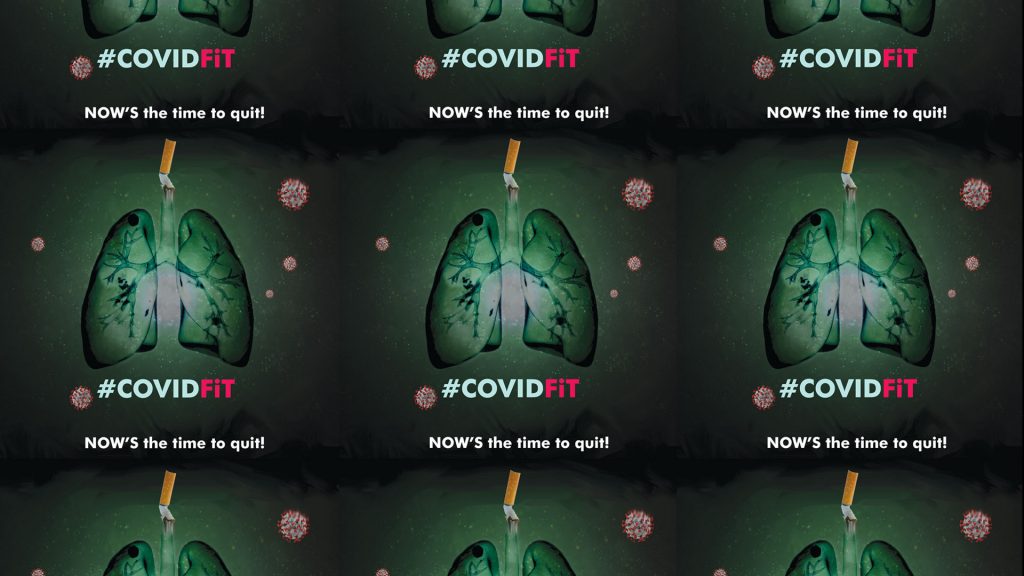Let’s fight Obesity….
Obesity is a complex problem with multiple causes and considerable implications for health.
The fundamental cause of obesity and overweight is the imbalance of energy between calories consumed and calories expended. This leads to abnormal or excessive fat accumulation that may result in a raised basal metabolic index (BMI), a major risk factor for noncommunicable diseases such as cardiovascular diseases, diabetes, musculoskeletal disorders and several cancers.
Obesity is also associated with difficulties carrying out daily activities and many other health conditions.
Read more: www.tinyurl.com/Giobesity01
According to the World Health Organisation (WHO), worldwide obesity has nearly tripled since 1975; and in 2020, 39 million children under the age of 5 years were overweight or obese. Studies show that the vast majority of overweight or obese children live in developing countries, where the rate of increase has been more than 30% higher than that of developed countries
Childhood obesity is associated with a higher chance of obesity, premature death and disability in adulthood. Furthermore, obese children are more likely to experience breathing difficulties, increased risk of fractures, hypertension, cardiovascular disease, insulin resistance and psychological issues.
The COVID-19 pandemic has influenced peoples’ lifestyles in some way or other. Many people have put on weight because of comfort eating, snacking, and more time spent at home due to restrictions. However, the pandemic has also allowed time for reflection, encouraging people to think about what really matters to them – family, friends, and health.
Public Health England’s ‘Better Health’ campaign returns in January 2022 with positive messages to motivate us to take action and improve our health.
The latest Health and Lifestyle Survey in Gibraltar showed that 82% of people eat less than five portions of fruit and veg per day.
A balanced diet with plenty veggies and fruit (fresh, frozen or canned) all count! Consider adding these to stew, soups, smoothies, sauces etc.
Portion sizes are directly related to our weight and health; and there is no one size fits all when it comes to portion size or food type. Taller or more active people will require larger portions; and shorter or less active people will require smaller portions.
It is also important to be mindful of food groups (for instance, an apple may count as one portion of fruit, but a handful of butter would count as several portions of fat).
Read more www.tinyurl.com/GiPortions
Physical activity is good for your body and mind.
A short daily activity of 20 minutes (e.g. a brisk walk/cycle/swim; gardening, dancing…) can boost your energy and lift your mood. Regardless of age, research shows that being physically active can help towards living a healthier, happier and potentially longer life.
For more information on healthy eating and physical activity visit www.healthygibraltar.org
PHE’s Better Health Campaign prompts us to:
• take small simple steps
• work towards a healthier self
• use evidence based tools and resources online; be it to lose weight, quit smoking or increase activity levels.
Read More www.tinyurl.com/GiHealthApps


